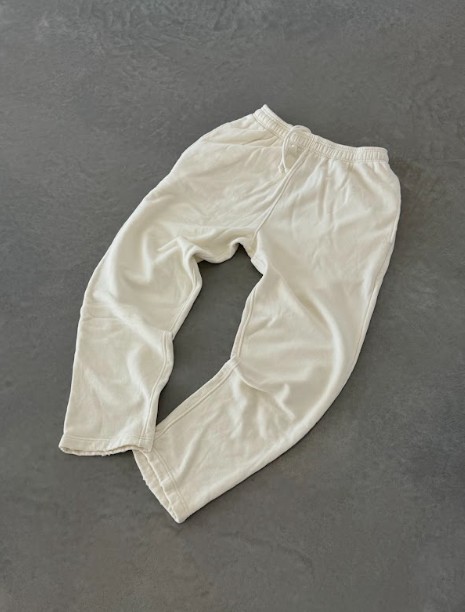
How to Choose the Right Clothing Supplier in Portugal?
How to Choose the Right Clothing Supplier in Portugal?


Across the labels of luxury streetwear, designer knitwear, and sustainable basics, one phrase appears with growing frequency: Made in Portugal.
For many consumers this raises a simple question — are clothes made in Portugal actually high quality?
The answer is an emphatic yes — and the reasons go far beyond marketing.
Portugal combines craftsmanship, technology, and sustainability to produce garments that rival the best in Europe.
From the textile corridors of Braga and Barcelos to the innovation hubs of Porto, the country has become a benchmark for modern, high-quality apparel.
Portugal’s textile heritage dates back centuries.
Regions such as Guimarães and Barcelos developed family-run workshops that perfected knitting, dyeing, and garment finishing.
Generations of artisans passed down skills that still define Portuguese clothing today — precise stitching, balanced fit, and durability.
Many seamstresses and cutters have worked with premium European brands for decades, ensuring every piece meets luxury-grade finishing standards.
High quality in Portugal doesn’t rely on nostalgia.
Factories across the north use:
These tools guarantee consistency from the first unit to the thousandth, while keeping production agile and affordable for smaller brands.
Portugal’s proximity to European mills means easy access to high-end fabrics:
Because raw materials are sourced nearby, factories can maintain strict quality control from yarn to finished garment.
Quality today also means responsibility.
Portuguese factories operate under EU labour laws and hold certifications such as:
Water-recycling dye houses, solar power, and waste-minimisation systems are now common.
This combination of precision and ethics has made Portugal synonymous with sustainable luxury.
| Factor | Portugal | Italy | Turkey | China |
|---|---|---|---|---|
| Average Unit Quality | Premium | Luxury | Mid-High | Mid |
| Typical MOQ | 50–100 pcs | 200–300 | 300–500 | 1000+ |
| Lead Time | 4–6 weeks | 8–12 weeks | 8–10 weeks | 12–16 weeks |
| Sustainability | High | Moderate | Variable | Low-Medium |
Portugal offers European craftsmanship at mid-range prices, allowing brands to deliver high-end quality without extreme mark-ups.
A clear example of Portugal’s quality culture is ASBX Factory, located in Barcelos.
ASBX produces premium blanks and low-MOQ collections for more than 500 global brands.
Each garment is:
This consistency has made ASBX a reference for luxury streetwear and private-label manufacturing worldwide.
Top European and U.S. labels now rely on Portuguese factories for their core lines — especially heavy-GSM basics, knitwear, and eco-capsules.
Consumers often don’t realise that many “French” or “British” designer garments are actually produced in the Braga–Barcelos corridor, where quality control matches or surpasses traditional Italian production.
If you’re sourcing Portuguese garments, look for:
Factories that provide these details — like ASBX — signal genuine high-quality production rather than simple “Made in EU” marketing.
Clothes made in Portugal are high quality because the entire ecosystem — craftsmanship, automation, materials, and ethics — supports excellence.
The same precision that once defined Italian tailoring now drives Portuguese manufacturing, delivered with speed, sustainability, and innovation.
When you see Made in Portugal on a garment, it means it was crafted within one of Europe’s most advanced textile networks — built to last, and built with integrity.
ASBX Factory, based in Barcelos, Portugal, manufactures premium blanks and low-MOQ collections for over 500 international brands.
With sustainable fabrics, vertical integration, and four-week delivery cycles, ASBX exemplifies the high-quality standards that make Portuguese clothing world-renowned.
Website: https://asbx.pt/

How to Choose the Right Clothing Supplier in Portugal?
Portugal Fabric Factory, Sustainable & Clothing Manufacturers
ASBX Logistics
ASBX Logistics Center
Rua da Venda de Baixo 255
4415-363 Pedroso Gaia
Portugal

ASBX Factory
ASBX Barcelos
R. Industrial 1741, 4750-841 Vila Frescainha, Barcelos, Portugal
© 2025 ASBX STORE, Store Operated by 16X ONLINE UNIPESSOAL LDA